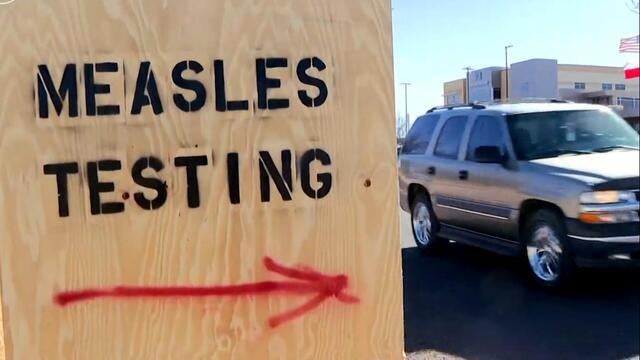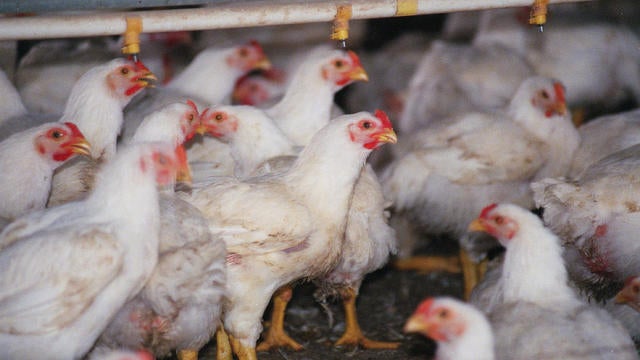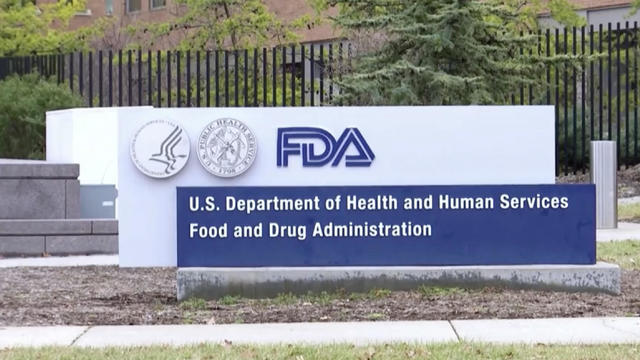
Trump nominates Susan Monarez for CDC director
President Trump announced Susan Monarez is to be elevated from her role as acting CDC director, after nominee David Weldon was withdrawn earlier this month.
Watch CBS News
Alexander Tin is a digital reporter for CBS News based in the Washington, D.C. bureau. He covers federal public health agencies, including the response to infectious disease outbreaks like COVID-19. Previously, he was a campaign reporter for CBS News based out of Las Vegas, where he was raised. He covered presidential, Senate and House candidates for the 2020 election cycle in Arizona, California, Nevada and New Mexico. He has also worked in Washington for "Face the Nation" and in New York for the "CBS Evening News." Tin graduated from Columbia University in 2017 with a bachelor's degree in political science.

President Trump announced Susan Monarez is to be elevated from her role as acting CDC director, after nominee David Weldon was withdrawn earlier this month.

HHS Secretary RFK Jr., with help from DOGE, is planning a restructuring with sweeping cuts expected at multiple agencies.

The White House is searching for a new pick to head the Centers for Disease Control and Prevention.

Most cases have been from an outbreak in Texas and New Mexico, the CDC says.

Dr. Mehmet Oz, the former surgeon and television host, was nominated to head the Centers for Medicare and Medicaid Services.

A White House official confirmed that the administration is pulling Dave Weldon's nomination to be director of the Centers for Disease Control and Prevention.

Health and Human Services Secretary Robert F. Kennedy Jr. warned vaccines could turn "birds into mutant factories."

CBS News' Confirmed team fact checks President Trump's 2025 joint address to Congress.

Robert F. Kennedy Jr. accused his department's top communications official of quitting to avoid being fired.

More than 97% of measles cases across North and South America have been in the U.S. or Canada.

The move supercharges RFK Jr.'s authority to implement health policy changes.

A World Health Organization official said the FDA "participated as in the past" in the process.

Overall effectiveness against flu hospitalization was still high, the CDC said.

The cancelation upends the usual process to start manufacturing next winter's flu shots.

USDA officials said there are "no anticipated changes" to the policy for killing flocks with sick birds.